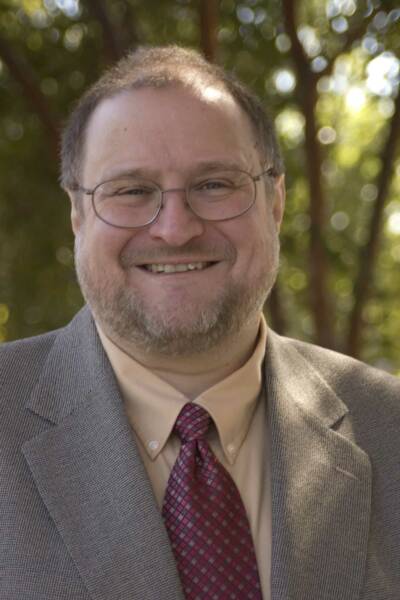“God ordained war! War is God’s way of punishing the wicked!”
The woman with the loudspeaker shouted angry slurs at us as we attempted to hold an interfaith prayer vigil at Y-12, the nuclear weapons plant in Oak Ridge, Tennessee.
Although there were about 120 of us who had gathered to protest peacefully and hold vigil on Hiroshima Day, August 6, the woman and her 5 or 6 counter-protesters were able to drown us out because our sound system went dead while hers remained strong. She played CD’s of military march music and southern gospel songs while shouting at us for being communists and environmentalists (which are apparently synonymous to her). She was joined at one point by a preacher in a starched white shirt and necktie who literally waved his Bible in the air as he shouted out Bible verses at us.
Most of us were annoyed but amused at their loud intrusion in our gathering, but their noise only made us focus more intently on our reasons for being there: to commemorate those who died in Hiroshima and to pray for an end to the nuclear threat.
At one point we gathered in front of the blue line on the pavement marking the entrance to the plant, with a row of policemen on one side of the line and about 120 hippies, grey-bearded activists, Buddhist monks, Episcopal Peace Fellowship members, Pagans, and blue-haired grannies on the other side. About 20 people, including one whole family, chose to peacefully cross the line and get arrested. As one woman was being led away to the police van, the angry lady shouted sarcastically over her loudspeaker, “There goes another martyr to the communist cause! They’re gonna keep you in jail for 3 days, honey! Can you live for 3 days without granola?”
The weekend before, I had been to a conference of peace activists. The main theme of that conference was that those of us who work in peace and justice activist groups face a common adversary, but it isn’t the angry people who shout war slogans at us, and it isn’t the folks who refurbish nuclear bombs at Y-12.
Our common adversary is what liberation theologians call “the domination system” — those ingrained patterns of our culture that reinforce violence, militarism, homophobia, racism, patriarchy, and oppression. The speakers at the conference talked about our need to move away from a paradigm of “war vs. peace” to a new paradigm of “oppression vs. liberation.” We need to see the interconnectedness of all the varied activist groups who work on issues of peace, gay rights, racism, environmentalism, and human rights. Although we may have different “causes,” we should all work together since we’re all working for the same goal: an end to oppression and “the domination system” in all its many forms.
For those of us who GLBT, this may include overcoming the homophobia most of us grew up with and which many of us have internalized. For many years I carried around my very own “domination system,” the messages of self-hatred I picked up from my fundamentalist upbringing and from society as a whole.
Only when I was able to accept my sexuality as a gift, rather than the curse I had been programmed to believe it to be, was I able to escape my own internalized system of oppression. Only then was I able to accept myself as a person who is both spiritual and sexual.
For me, my activism and my participation in interfaith prayer vigils is an extension of my self-acceptance as a man who loves men. By overcoming my own internal Ïdomination systemÓ I am better able to bear witness against other systems of oppression. I can proudly raise my voice and my prayers and my protest signs against the many forms of domination our society still fosters.
This article also appears in the Summer 2003 issue of White Crane: A Journal Exploring Gay Mens’ Spirituality.

A licensed professional counselor in private practice in metro Atlanta, Darrell Grizzle is the author of I Never Meant to Start a Murder Cult and Other Stories.
